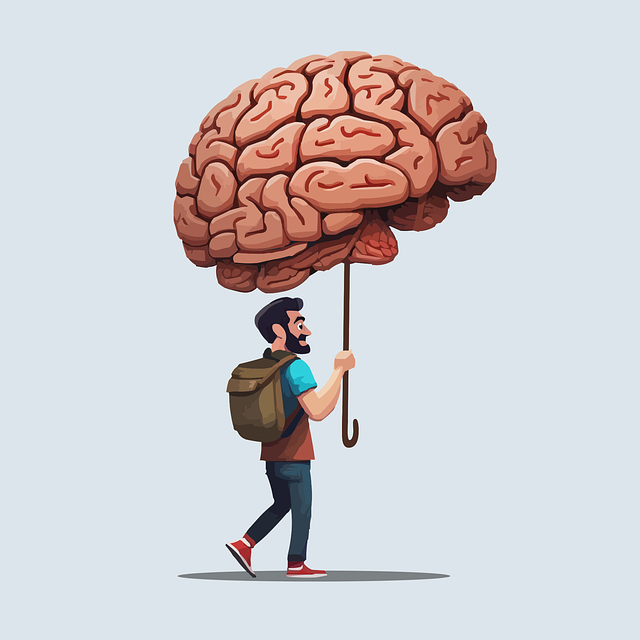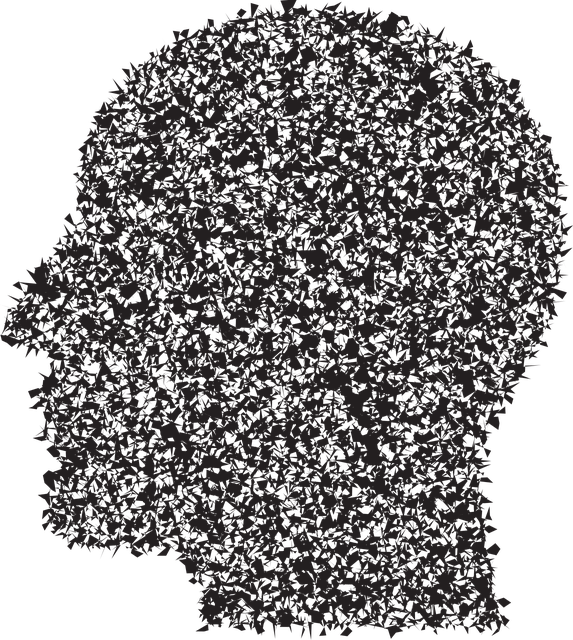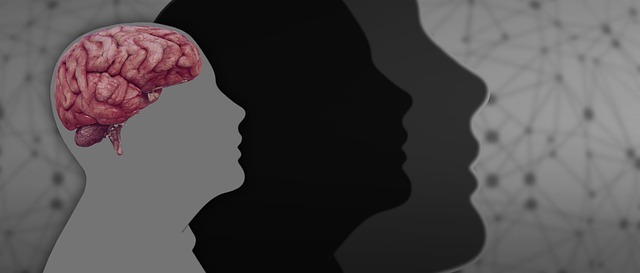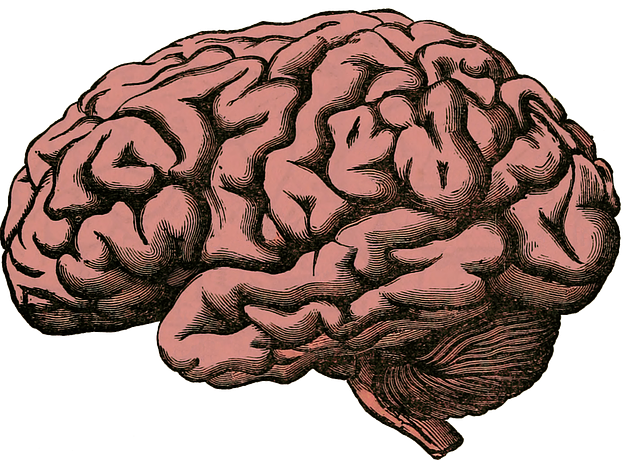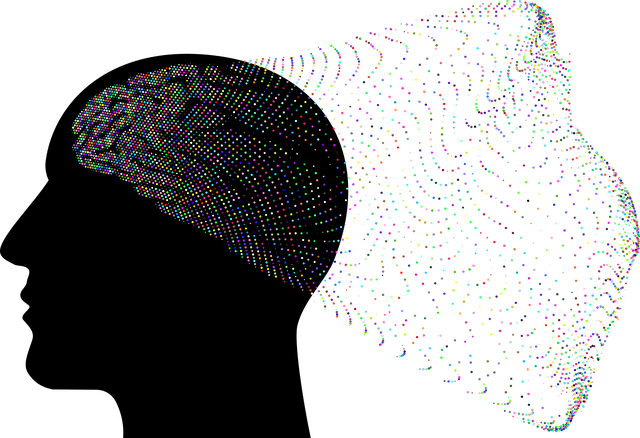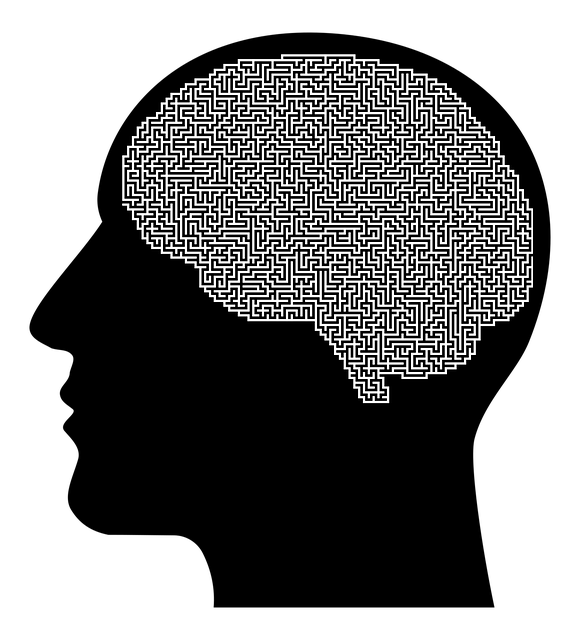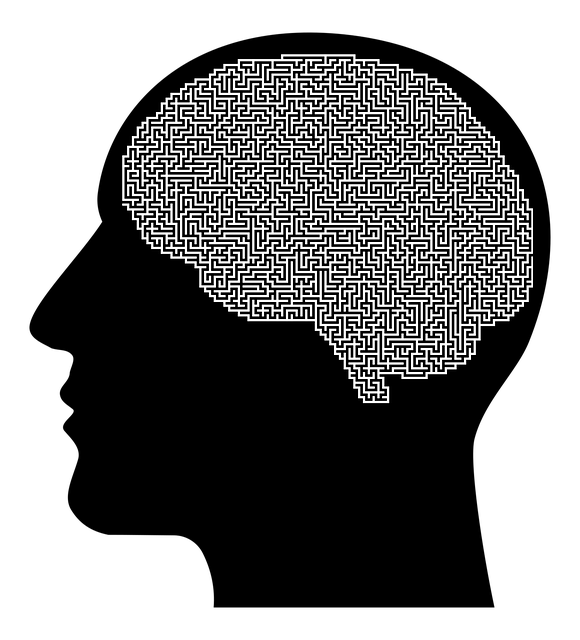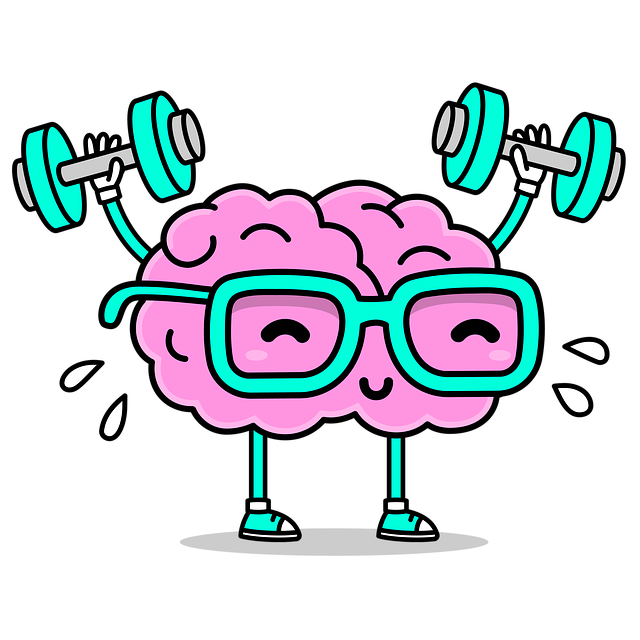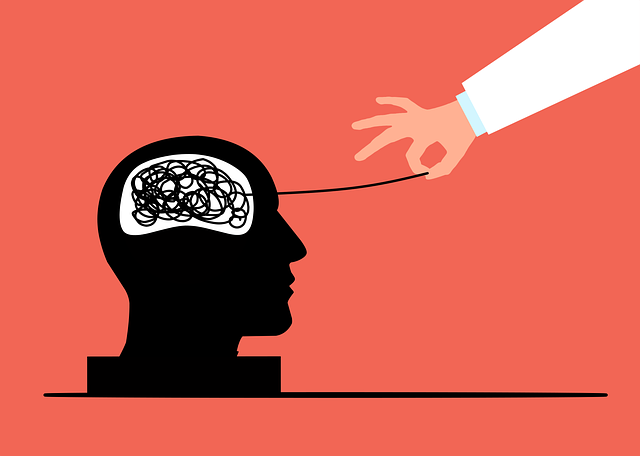Golden Codependency Therapy offers a powerful approach to group facilitation, focusing on mental wellness improvement. By targeting early life experiences and fostering open communication, facilitators help participants develop self-awareness and break unhealthy patterns. This safe, inclusive environment encourages sharing, empathy, and non-verbal cues, leading to enhanced self-understanding and interpersonal skills. Through techniques like narrative therapy and mindfulness exercises, individuals gain insights into their stories, identify growth barriers, and cultivate healthier relationships. Integrating emotional regulation, stress management, and cultural competency ensures effective mental wellness programs tailored to diverse needs, ultimately promoting overall emotional well-being.
Mental wellness group facilitation is a powerful tool for fostering connection, growth, and healing. This article explores effective techniques drawing from Golden Codependency Therapy, a foundational approach for group dynamics. We’ll delve into creating safe spaces that build trust, facilitating open communication through active listening, and employing strategies to support participants’ self-discovery journeys. By mastering these skills, facilitators can lead groups towards transformative experiences, nurturing mental wellness in a supportive environment.
- Understanding Golden Codependency Therapy: A Foundation for Group Facilitation
- Creating a Safe Space: Building Trust and Connection in Your Groups
- Effective Communication Strategies for Facilitators: Encouraging Open Dialogue
- Techniques to Foster Growth and Healing: Leading Participants Towards Self-Discovery
Understanding Golden Codependency Therapy: A Foundation for Group Facilitation

Golden Codependency Therapy serves as a robust foundation for group facilitation techniques focused on mental wellness. This therapeutic approach recognizes and addresses complex interdependencies between individuals, often stemming from early life experiences. By exploring these dynamics, facilitators can help group members cultivate healthier relationships and enhance their self-awareness. One key aspect is understanding the role of codependency, where individuals become overly reliant on others for validation or emotional support, hindering their own growth.
In a group setting, Self-Awareness Exercises and Mental Wellness Journaling Exercises guided by facilitators can be powerful tools. These activities encourage participants to reflect on their relationships, identify unhealthy patterns, and explore personal boundaries. The process fosters an environment of safety and empowerment, allowing individuals to develop coping mechanisms and build resilience. Through these exercises, group members gain valuable insights, promoting personal growth and improved mental wellness.
Creating a Safe Space: Building Trust and Connection in Your Groups

Creating a safe space is paramount to effective group facilitation, especially when employing techniques like Golden Codependency Therapy. This involves cultivating an environment where each member feels seen, heard, and respected, fostering open communication and vulnerability. Trust is built through consistent boundaries, active listening, and empathy, allowing individuals to share their experiences without fear of judgment. By promoting a culture of non-verbal cues, where body language encourages inclusivity, facilitators can ensure everyone feels valued, helping to break down barriers and foster genuine connections.
This sense of security enables participants to explore sensitive topics, engage in profound conversations, and support one another—essential aspects of successful mental wellness programs. It also facilitates the development of positive interpersonal skills, such as active participation, empathy, and conflict resolution, which are crucial for personal growth and can be leveraged outside the group setting. Furthermore, a safe space encourages participants to cultivate confidence, boost their self-esteem, and practice positive thinking—all integral components of comprehensive stress management workshops within the organization.
Effective Communication Strategies for Facilitators: Encouraging Open Dialogue

Encouraging open dialogue is a cornerstone of effective mental wellness group facilitation. Facilitators should model active listening, ensuring every participant feels heard and valued. This involves paraphrasing, summarizing, and asking clarifying questions to demonstrate engagement. By creating a safe, non-judgmental space, facilitators encourage members to share their experiences openly, fostering a sense of belonging and community.
Golden Codependency Therapy emphasizes the importance of balanced interactions within groups. Facilitators can use Self-Awareness Exercises to help participants recognize unhealthy patterns and promote Emotional Regulation skills. Through these techniques, individuals learn to manage their emotions effectively, contributing to overall Emotional Well-being Promotion Techniques both within and outside the group setting.
Techniques to Foster Growth and Healing: Leading Participants Towards Self-Discovery

In facilitating mental wellness groups, one of the most powerful tools at a leader’s disposal is guiding participants towards self-discovery. This involves creating a safe and supportive environment where individuals feel empowered to explore their thoughts, emotions, and behaviors. Techniques like narrative therapy and mindfulness exercises can encourage members to reflect on their personal stories, helping them identify patterns that may be hindering growth. For instance, addressing codependency issues through Golden Codependency Therapy allows participants to develop healthier relationships with themselves and others.
By integrating coping skills development into group sessions, facilitators enable members to build resilience against mental health challenges. This includes teaching stress management strategies, emotional regulation techniques, and effective communication skills. Additionally, fostering cultural competency among healthcare providers through training can enhance the overall experience within these groups. Such training ensures that facilitators understand and respect the diverse backgrounds of participants, promoting inclusivity and effectiveness in the community outreach program implementation.
Golden Codependency Therapy offers a powerful framework for group facilitation, emphasizing the creation of safe, trusting environments. By implementing strategies that encourage open communication and foster self-discovery, facilitators can lead participants towards healing and growth. This holistic approach not only enhances mental wellness but also builds resilient communities where individuals support one another through shared experiences. Embracing these techniques can revolutionize group therapy, making it accessible and impactful for all.

